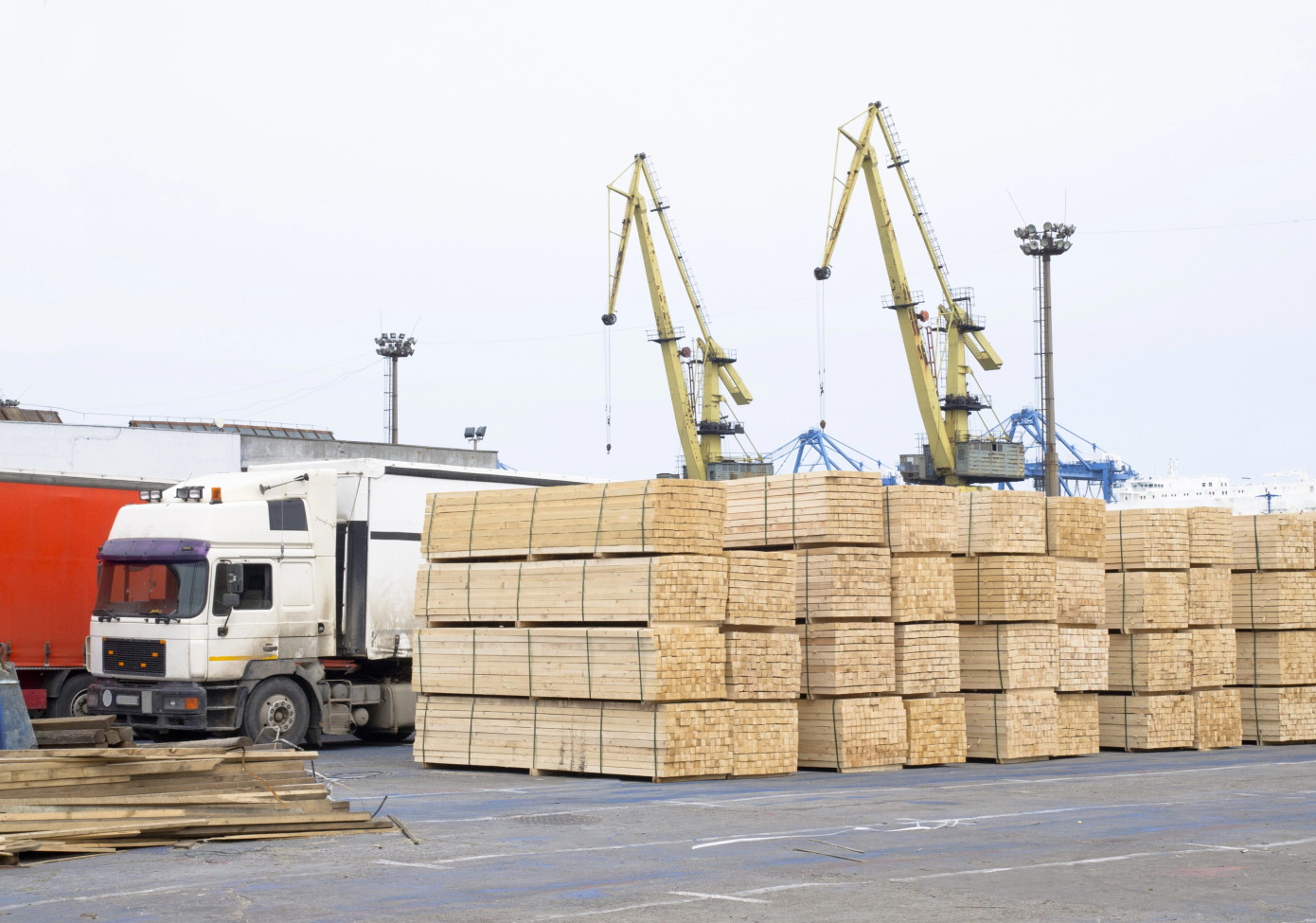British Columbia plans to open a new forest trade office in London to expand its softwood lumber exports to the United Kingdom and Europe. The U.K. currently imports between 6 and 7 million m3 of softwood lumber each year due to limited domestic output of 3 to 4 million m3, positioning it as Europe’s largest importer of softwood lumber, according to Forestry Innovation Investment.
“British Columbia is the second largest exporter of softwood lumber in the world, and with U.S. President Donald Trump’s continued attacks on our forestry workers and economy, we are not sitting idly by,” said Ravi Parmar, Minister of Forests. “We are making it easier for our friends across the pond to buy our world-class lumber, and we are supporting our forestry sector to get boots on the ground in more growing wood markets around the world.”
The planned office, operated by B.C.’s Crown corporation Forestry Innovation Investment (FII), will represent the province’s forestry sector in the U.K., Europe, and eventually in selected markets across the Middle East and North Africa. This expansion is part of an international strategy to reduce B.C.’s reliance on the U.S. market, where Canadian softwood lumber faces tariffs and duties.
“Expanding into the U.K. reflects FII’s commitment to building resilient, diversified markets for B.C. forest products,” said Rick Doman, board chair of FII. “The current trade-impeding U.S. duties and tariffs on Canadian softwood lumber underscore the importance of reducing reliance on any single market.”
The U.K. office will join FII’s existing offices in China, India, and Vietnam, along with industry-led offices in Japan and South Korea. These offices promote the use of wood in construction, support export development, and engage with governments on policies and building codes. FII also leads research into wood technology and collaborates with international policymakers to encourage wood use in new and existing markets.
The U.K. is undergoing a shift toward wood construction due to its lower carbon footprint, energy efficiency, and suitability for off-site prefabrication. The U.K. government has committed to building 1.5 million new homes over five years—a more than 50% increase in housing starts—while also investing in retrofits and social housing. These developments align with B.C.’s strengths in prefabricated wood products and wood construction innovation.
The U.K.’s lumber supply has also been impacted by several factors. The end of beetle-kill harvesting following a spruce bark beetle epidemic in Central and Nordic Europe has eliminated a temporary excess of spruce lumber. In addition, the U.K. has banned imports of Russian wood products, which previously accounted for about 5% of its foreign lumber supply.
Canada and the U.K. signed the Canada-U.K. Trade Continuity Agreement following Brexit. As of January 1, 2024, 99% of tariffs between the two countries have been eliminated, including all tariffs on softwood lumber and forest products.
Bruce St. John, president of Canada Wood, called the planned office “an exciting step in expanding trade diversification efforts,” while Kim Haakstad, CEO of the Council of Forest Industries, said the initiative would help B.C. “share our story of quality, innovation, and sustainability with the world.” Brian Hawrysh, CEO of BC Wood Specialties Group, said the industry is “very aware of the need to diversify its international markets.”
British Columbia is the world’s second largest softwood lumber exporter. The London office represents a strategic move to expand its global market presence while strengthening ties with trading partners outside the United States.
